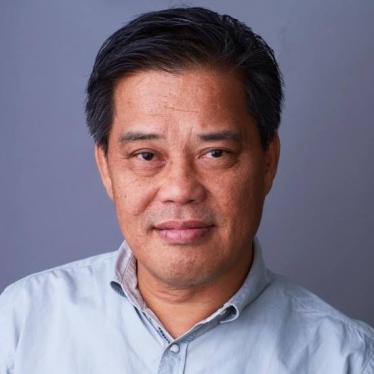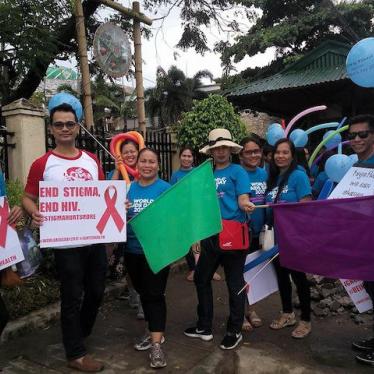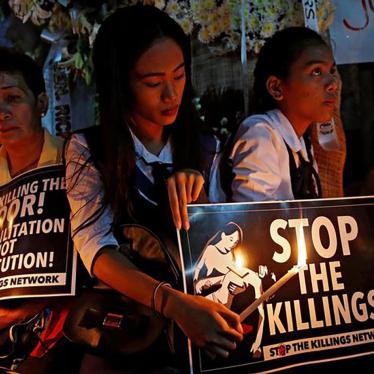Philippine President Rodrigo Duterte has unveiled a new strategy to deal with the country’s long-running communist insurgency: allow private business and investments into ancestral lands of indigenous peoples and end the poverty that fuels the rebellion.
By opening up the lands to private investment and creating employment opportunities for indigenous peoples the government hopes to undermine the influence of the communist New People’s Army (NPA). By increasing jobs, “the NPA’s influence over them would wane,” Harry Roque, the president’s spokesperson, told the media. “This means the NPA would no longer forcibly take them and turn them into fighters.”
The situation in indigenous areas is not so simple.
The NPA has long been strong in tribal communities, particularly in the southern Philippines, because they are among the poorest of places, with inadequate delivery of basic services. These are also communities with a large military presence where government forces commonly act as private security for big mining and plantation operations.
Armed conflict and displacement are common in these areas. The Lumad – the collective name of Philippine indigenous peoples – often suffer from the military’s abusive presence, which makes them more susceptible to recruitment by the NPA. The military, in turn, accuses the rebels of exploiting the Lumad and taps them to fight the NPA. The brutality of the conflict in these communities is well-documented, with killings frequently carried out by poorly trained paramilitary groups and militias allied with state forces.
Critics of Duterte’s plan to open up the lands to developers have warned it could lead to more local violence. Many companies have a track record of degrading the environment and driving out indigenous peoples, with a predictable backlash from the affected communities and the NPA.
Indigenous communities in the Philippines have long suffered not just from government neglect, but from government abuses. Instead of leaving them at the mercy of businesses – who may or may not offer them jobs, and who can close up shop at any time – the government should take concrete steps to end rights violations and bring those responsible to justice. Government plans to improve the lives of the Lumad are unlikely to succeed so long as indigenous communities live in fear of violence, exploitation, and abuse.










